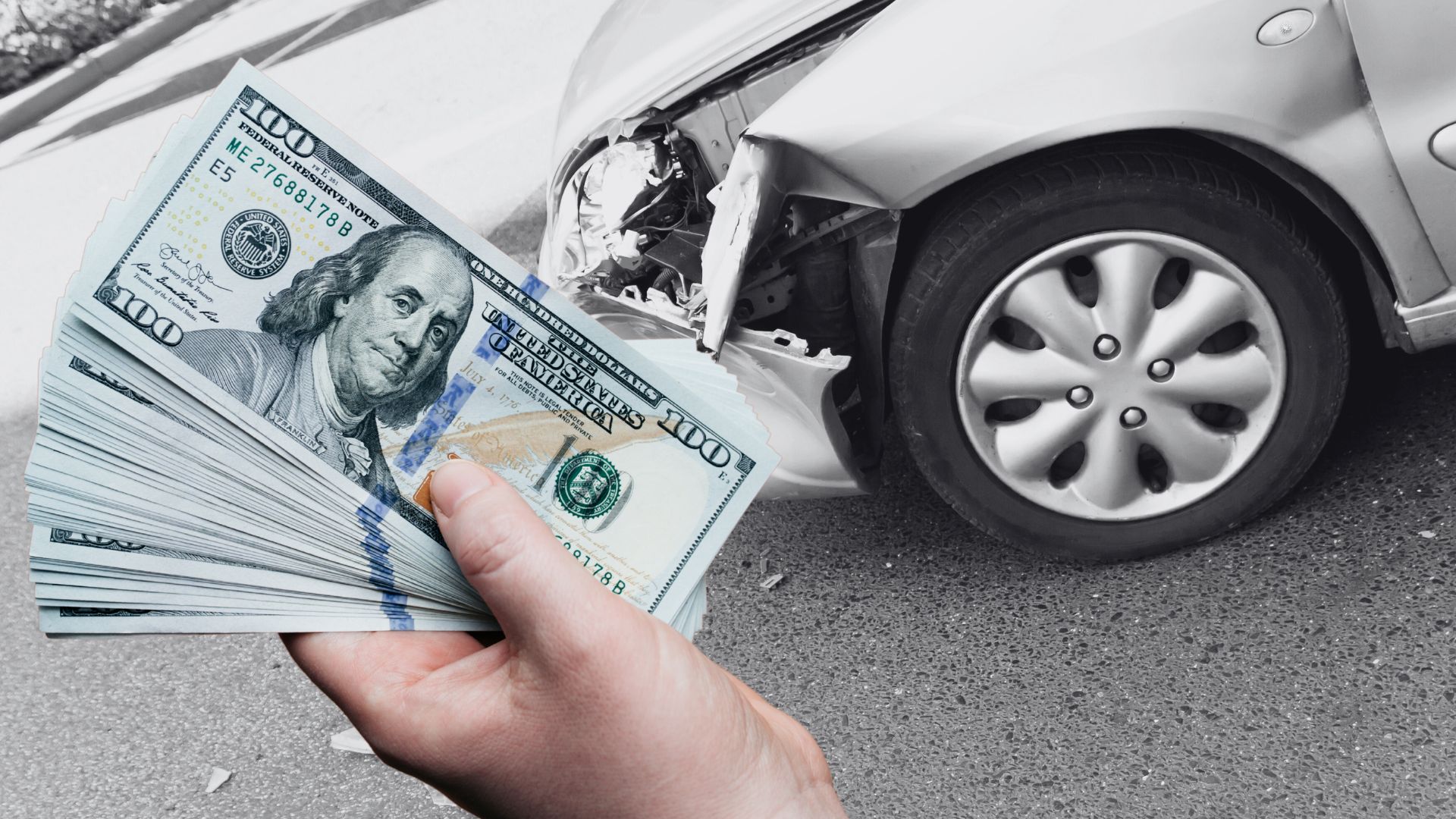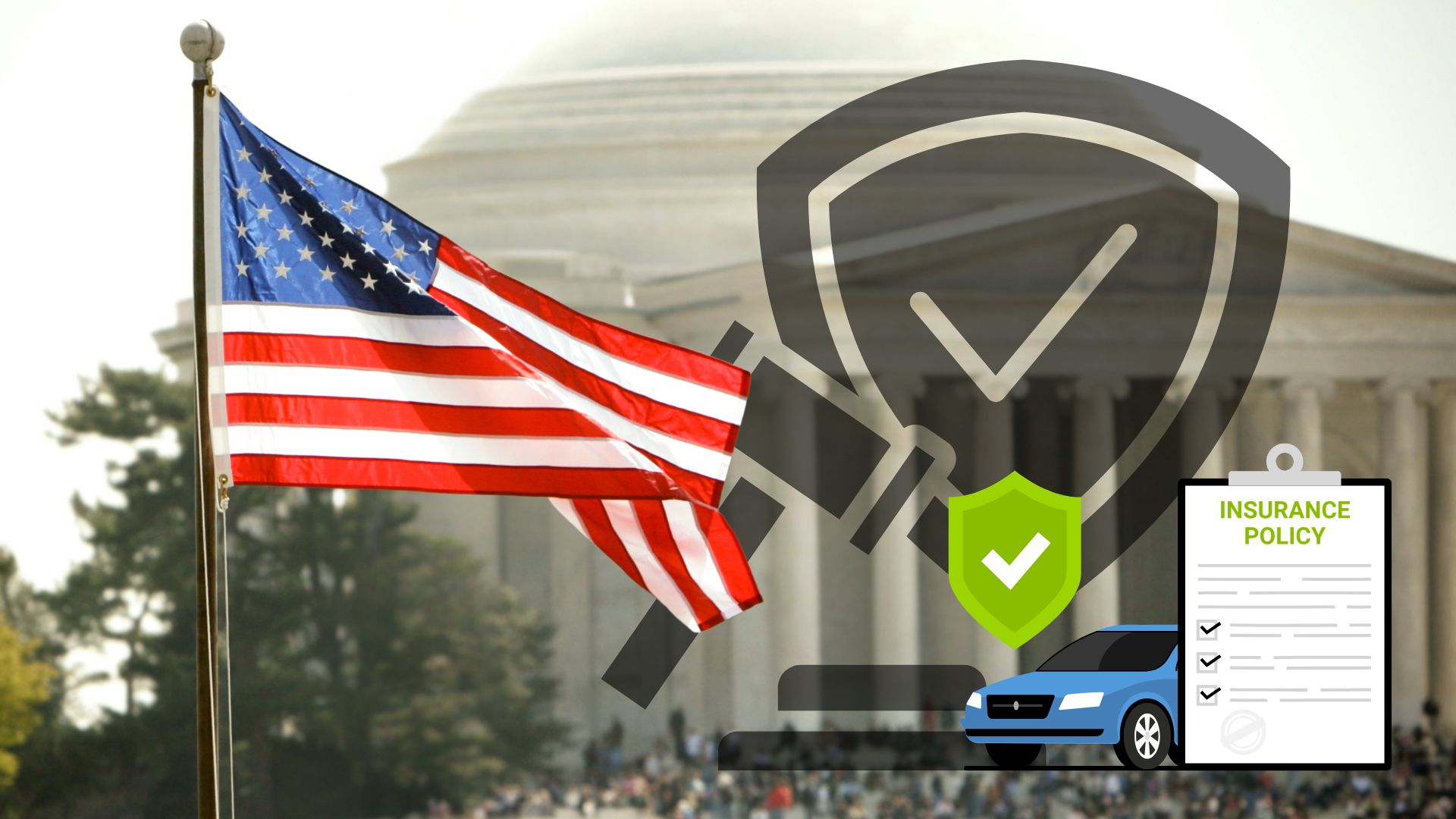If you’ve ever been frustrated by an insurance company undervaluing the damage to your car after an accident, Washington State has just passed a law to address that exact headache. Starting January 1, 2026, a brand-new regulation will hold insurers accountable for ensuring fair payouts and repair estimates for totaled vehicles. The new measure, encapsulated in Engrossed Senate Bill 5721, aims to streamline the claims process while protecting consumers from being undercompensated. Here’s what you need to know about how this law shakes up the world of auto insurance and what it means for drivers and insurers alike.
What the New Auto Insurance Law Means for You
Under ESB 5721, Washington drivers are guaranteed the right to independent appraisals if they disagree with their auto insurer on repair costs or the value of a totaled vehicle. While the fine print of insurance policies might rarely be a riveting read, this law ensures an extra layer of fairness by giving you an option to say, “Go ahead, I’m getting a second opinion.”
The process, which can be initiated by either the policyholder or the insurer, works with each side selecting a neutral appraiser. If they can’t settle on a figure? A third-party umpire enters the scene to break the deadlock. This isn’t quite a courtroom drama, but it does mean a binding decision is made quickly and objectively.
Here’s why this law matters to so many drivers in Washington State. Before, many people were at the mercy of insurance companies using AI-powered damage estimators based on a few photos. While technology might be nifty, it isn’t always right. Consumers expressed frustration when estimates came in up to 50-75% lower than actual repair costs.
Senator Derek Stanford (D-Bothell), who sponsored the bill, called it “a step toward fairness.” And fairness is exactly what the Office of the Insurance Commissioner has been striving for, given that a whopping 88% of complaints received by the agency in recent years were tied to disputes over claims handling and damage value.
How the Appraisal System Works
You’re in a fender-bender, and the insurer offers you $2,000 for repairs. But a repair shop technician tells you the real damage is closer to $5,000. What now? Under this law, here’s how you and your insurer settle the matter:
- Either party can request an appraisal to avoid drawn-out court battles.
- Each side picks an independent appraiser who understands auto repairs and vehicle values.
- If the appraisers can’t agree, they loop in a neutral umpire for the final say.
- The decision is binding, putting an end to the back-and-forth.
While the original version of the bill aimed to make insurers responsible for the appraisal costs if they were off by $500 or more, some of that teeth got removed in the legislative process. Now, both sides shoulder their own costs, but experts say it’s still far less expensive than involving lawyers and sparring in court for months.
Pushback From Insurers
Not everyone in the insurance industry is thrilled. Groups like the Northwest Insurance Council and the American Property Casualty Insurance Association argue the law could drive up claim costs and delay settlements. They’re concerned the required appraisal process might lead to more disputes rather than prevent them.
Critics also worry that insurers might, in response, increase premiums to offset potential losses, thus spreading the cost among all policyholders—even those who never file claims. While the law is designed to protect consumers, many argue that it could inadvertently create a slower, more expensive claims system for everyone.
The bill, which passed the state Senate by 29-20 votes, reflects a balancing act between consumer rights and industry efficiency. Governor Bob Ferguson now holds the pen to officially bring this legislation to life.
Why Drivers Should Care
Beyond the legal jargon lies the heart of the matter: consumer rights. For drivers, the most striking takeaway here is the push to make the insurance claims process more straightforward, equitable, and transparent. The ability to challenge an insurer’s initial offer helps ensure that you’re not settling for less than what your vehicle is worth.
Interestingly, this law might change the dynamics in how claims are handled. Experts predict that appraisers’ involvement will encourage insurance companies to reassess damage estimates and potentially negotiate fairer payouts before the appraisal process even begins.
For auto owners dealing with accidents, this is a win. It’s a safety net, not just in the financial sense but also in creating a system you can rely on should disputes arise about claims.
Takeaways for Drivers in 2026 and Beyond
- Understand Your Rights: Familiarize yourself with the appraisal clause in your auto policy once it becomes law in January 2026. Knowing how to request an appraisal will save time and frustration if needed.
- Be Prepared for Costs: While appraisals bring clarity, you’ll still split the costs with your insurer. Plan for this step if you often disagree with coverage decisions.
- Track Trends: Keep an eye on whether premiums shift in response to this law. Advocacy organizations like the Office of the Insurance Commissioner often monitor and publicize such changes.
For now, ESB 5721 represents a symbolic shift in insurance regulation, focusing on fairness over expediency. With customer complaints being the catalyst for change, Washington drivers can now approach accidents or disputes with their insurers armed with new confidence. And while the law might not bring complete harmony, at least your totaled car negotiations no longer feel like a one-sided game.


